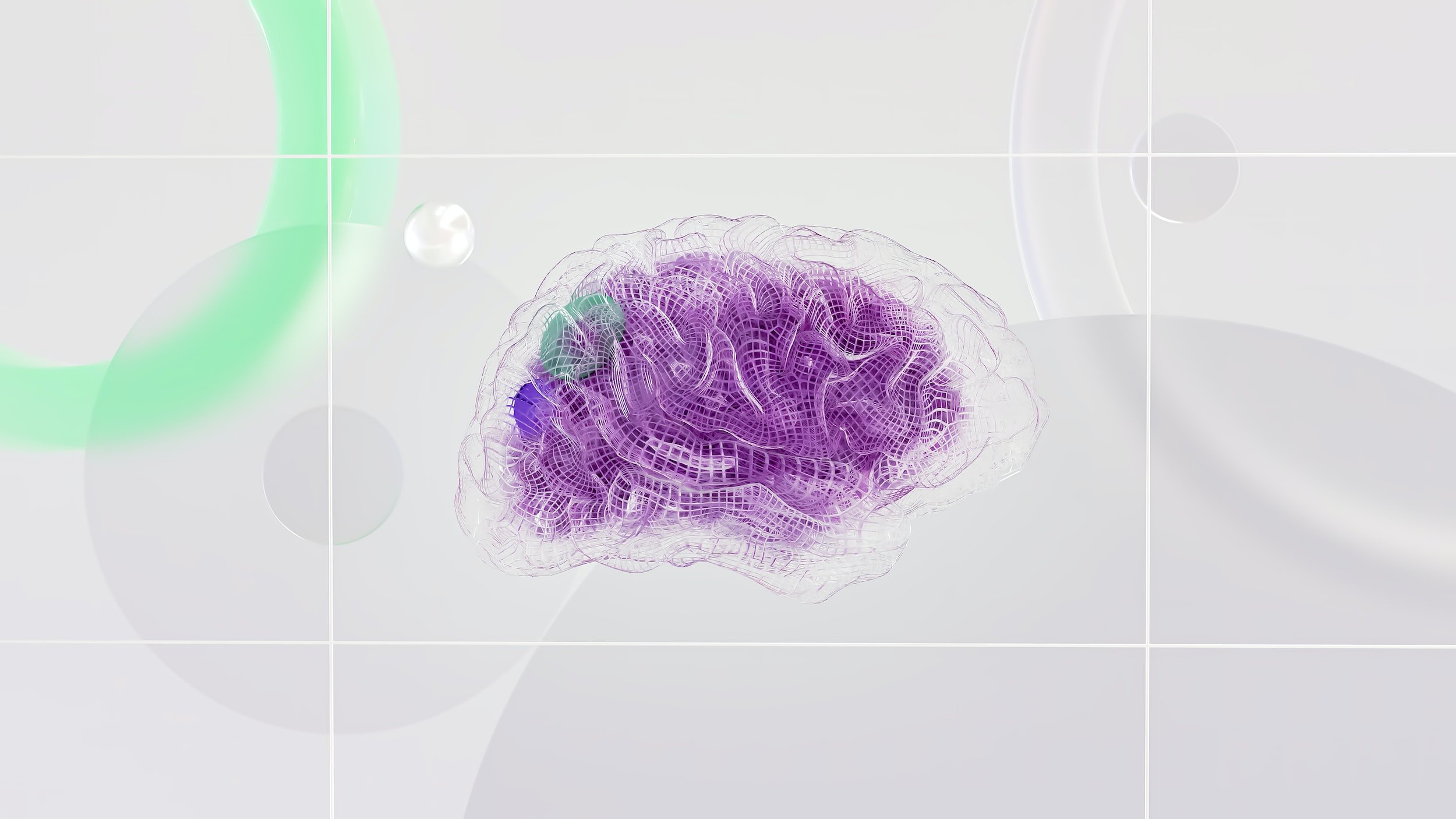Neuro biofeedback optimizes cognitive function and mental well-being by monitoring brainwaves in real-time. Understanding brainwave patterns helps individuals regulate brain activity for improved focus, relaxation, and emotional wellness. Advanced technology measures brainwave activity, allowing participants to modify patterns through exercises. Real-time feedback aids in adjusting thoughts, emotions, and behaviors, enhancing cognitive performance. Managing stress and anxiety, enhancing memory, improving focus, and attention are key benefits. Success stories highlight its transformative impact, while future developments promise tailored interventions based on real-time brain activity data. Unravel the transformative power of neuro biofeedback for the mind.
Understanding Neuro Biofeedback
Neuro biofeedback is a vital therapeutic technique that utilizes real-time monitoring of brain activity to help individuals gain insight into and control over their brain function. Neurofeedback techniques involve measuring brainwave patterns, which are the electrical impulses produced by the brain. These patterns are categorized into different frequencies such as delta, theta, alpha, beta, and gamma waves, each associated with specific states of consciousness and cognitive functions.
By analyzing these brainwave patterns through neurofeedback, individuals can learn to regulate their brain activity more effectively. For example, if someone exhibits an excess of beta waves associated with stress and anxiety, neuro biofeedback can help them learn to shift towards more calming alpha waves. This process enables individuals to self-regulate their brain function, leading to improved focus, relaxation, and emotional well-being.
Understanding neurofeedback techniques and brainwave patterns is essential in harnessing the full potential of this therapeutic approach to optimize brain performance and enhance overall mental health.
How Neuro Biofeedback Works
Utilizing advanced monitoring technology, biofeedback techniques provide real-time insight into brainwave patterns, enabling individuals to enhance self-regulation of cognitive functions. Through specialized equipment, such as electroencephalography (EEG) devices, brainwave activity is measured, recorded, and analyzed during neuro biofeedback sessions. These brainwave patterns, categorized into different frequencies like delta, theta, alpha, beta, and gamma waves, offer valuable information about the individual’s mental state and level of arousal.
During neuro biofeedback training, individuals are guided to modify their brainwave patterns through various exercises and cognitive tasks. By observing their brainwave activity in real-time on a screen, participants learn to adjust their thoughts, emotions, and behaviors to achieve desired brainwave states associated with improved focus, relaxation, or alertness. The technology used in neuro biofeedback serves as a tool to help individuals develop self-regulation skills, enhancing their ability to control attention, manage stress, and optimize cognitive performance.
Benefits of Neuro Biofeedback
The application of neuro biofeedback has shown promising benefits in enhancing cognitive functions and mental well-being through targeted brainwave modulation techniques. By providing real-time feedback on brain activity, neuro biofeedback enables individuals to learn self-regulation skills that can lead to improved brain training and mind wellness. One substantial benefit is its ability to help individuals manage stress more effectively by teaching them how to control their brainwave patterns associated with stress responses. This can result in decreased anxiety levels and an overall sense of calmness.
Furthermore, neuro biofeedback has been found to enhance memory and concentration levels, making it a valuable tool for students, professionals, and individuals seeking to optimize their cognitive performance. By training the brain to maintain specific patterns associated with focus and attention, neuro biofeedback can significantly enhance an individual’s ability to concentrate on tasks for extended periods. This heightened focus can lead to increased productivity and performance in various aspects of life, ultimately contributing to improved overall mental well-being.
Enhancing Focus and Concentration
Enhancing focus and concentration is a key objective in cognitive enhancement research and practice. Attention training plays an essential role in improving these cognitive functions. Neuro biofeedback offers a promising avenue for enhancing focus and concentration through targeted brainwave manipulation. By providing real-time feedback on brain activity, individuals can learn to regulate their attention levels effectively.
Moreover, memory enhancement is another important aspect of cognitive performance. Neuro biofeedback can aid in strengthening memory functions by promoting neural pathways associated with memory retention and recall. Through personalized neurofeedback protocols, individuals can optimize their brain’s ability to store and retrieve information efficiently.
Reducing Stress and Anxiety
Neuro biofeedback has shown promising potential in assisting individuals with reducing stress and anxiety by enabling them to regulate their brain activity effectively. Stress management and anxiety reduction are key areas where neuro biofeedback has demonstrated remarkable efficacy. By providing real-time information about brainwave patterns, individuals undergoing neuro biofeedback training can learn to recognize and modify their responses to stressors, leading to improved stress coping mechanisms and reduced anxiety levels.
Through neuro biofeedback sessions, individuals are guided to enhance their self-regulation skills, ultimately promoting relaxation and emotional stability. By targeting specific brain regions associated with stress and anxiety, such as the amygdala and prefrontal cortex, neuro biofeedback helps individuals modulate their physiological responses to stressors. This process fosters a sense of empowerment and control over one’s emotional state, leading to a reduction in overall stress levels and a decrease in anxiety symptoms.
Improving Cognitive Abilities
Improving cognitive abilities through neuro biofeedback training involves harnessing the brain’s capacity to enhance mental performance and efficiency. By utilizing techniques such as memory enhancement and problem-solving skills, individuals can experience a targeted improvement in their cognitive functions. Brain training through neuro biofeedback aims to optimize cognitive performance by providing real-time feedback on brainwave activity, allowing individuals to learn how to regulate their brain activity effectively.
Studies have shown that neuro biofeedback can lead to significant enhancements in memory retention, recall, and overall cognitive functioning. Through repeated sessions, individuals can strengthen neural pathways associated with memory and problem-solving, resulting in improved cognitive abilities over time. This form of cognitive training can benefit individuals looking to sharpen their mental acuity, whether for academic, professional, or personal reasons.
Personalized Neuro Feedback Sessions
Tailoring neurofeedback sessions to individuals’ unique brain patterns and needs is essential for maximizing the effectiveness of cognitive training. Customized protocols based on brainwave patterns allow for a more personalized approach to neurofeedback. By analyzing individual brainwave patterns, practitioners can create specific protocols that target areas needing improvement, leading to more efficient and effective cognitive training.
Tracking individual progress is vital in personalized neurofeedback sessions. Continuous monitoring of brain activity safeguards that adjustments can be made to the protocols as needed, optimizing the training for each person. This personalized approach fosters a stronger mind-body connection, as individuals become more attuned to their brain’s responses and how they correlate with cognitive tasks.
Neuro Biofeedback for Mental Health
Utilizing advanced neuro biofeedback techniques has shown promising potential in enhancing mental health outcomes through targeted brainwave modulation. By providing real-time information about brain activity, neurofeedback enables individuals to learn how to regulate their emotions and manage their moods more effectively. This form of therapy is particularly beneficial for individuals experiencing conditions such as anxiety, depression, and PTSD.
Emotional regulation is a key component of mental well-being, and neuro bio feedback offers a non-invasive way to improve this aspect of mental health. Through neurofeedback training, individuals can learn to recognize patterns of brain activity associated with different emotional states and develop strategies to modulate these patterns.
Moreover, neuro biofeedback can also aid in mood management by helping individuals achieve a more balanced emotional state. By providing feedback on brainwave activity, this therapy empowers individuals to make conscious changes to their brain function, leading to improved mood stability and overall mental wellness. The precise and targeted approach of neuro biofeedback makes it a valuable tool in promoting mental health and enhancing emotional well-being.
Real-Life Success Stories
Numerous documented cases showcase the efficacy of neuro biofeedback in real-life scenarios, illustrating its transformative impact on individuals’ mental well-being. Through neuro biofeedback, individuals have reported significant personal growth and performance enhancement in various aspects of their lives.
For instance, one case study detailed how a professional athlete struggling with performance anxiety utilized neuro biofeedback to regulate their stress responses, resulting in improved focus, confidence, and overall athletic performance. Similarly, individuals dealing with chronic stress and anxiety have experienced a remarkable reduction in symptoms and an enhanced sense of well-being after undergoing neuro biofeedback sessions.
These success stories highlight the potential of neuro biofeedback as a tool for enhancing mental resilience, optimizing cognitive function, and promoting overall psychological wellness. By harnessing the power of neuroplasticity, neuro biofeedback offers a promising avenue for individuals seeking to discover their full potential and achieve lasting positive changes in their mental health and performance outcomes.
Future of Neuro Biofeedback
The evolution of neuro biofeedback technology holds immense promise for advancing our understanding of brain function and optimizing mental health interventions. Technological advancements in neuro biofeedback are paving the way for more targeted and personalized treatments, enhancing brain health outcomes. By harnessing the power of real-time data on brain activity, practitioners can tailor interventions to individual needs, potentially revolutionizing mental health care.
Looking ahead, the future of neuro biofeedback also raises important ethical implications. As the technology becomes more sophisticated and widely available, questions surrounding data privacy, consent, and equitable access must be carefully considered. Moreover, securing research funding to support continued innovation in this field is vital for driving progress and realizing the full potential of neuro biofeedback.
Conclusion
To sum up, neuro biofeedback offers a promising avenue for improving cognitive function and mental well-being.
One study found that individuals who underwent neuro biofeedback sessions experienced a 30% reduction in symptoms of anxiety and depression.
This innovative technology has the potential to revolutionize the way we approach mental health treatment, offering personalized and effective interventions for a wide range of conditions.
As research in this field continues to advance, the future of neuro biofeedback looks bright.







